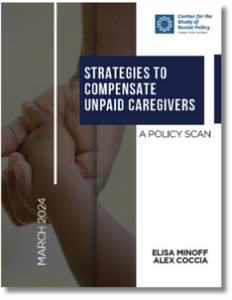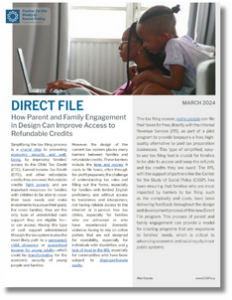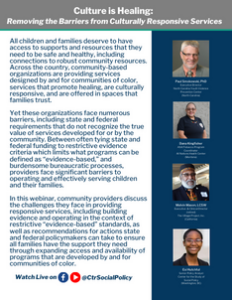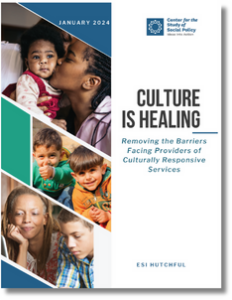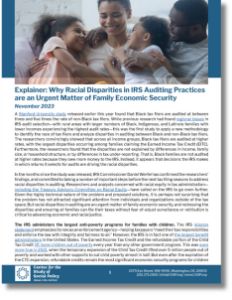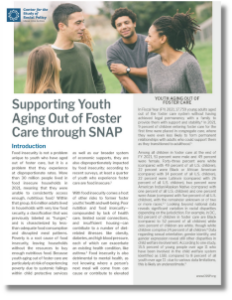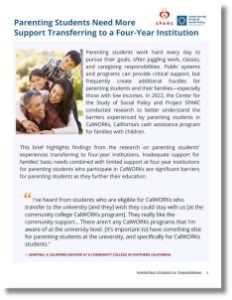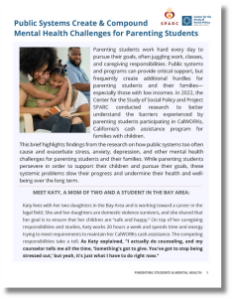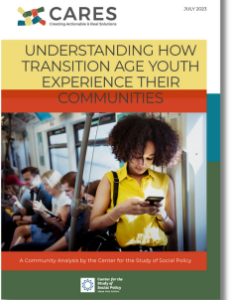Caregiving is essential work, but this work too often falls on individuals with little or no support from society as a whole. As a result, many caregivers experience severe economic security and hardship—especially women, and Black, Latinx/e, and other women of color and immigrant women in particular, who provide the most care. To better understand the current policy gaps and how we might better support unpaid family caregivers moving forward, this new report summarizes the policies in place to compensate family caregivers in the United States and abroad and offers recommendations for ensuring future policies more effectively support unpaid caregivers and their families.
(29 pp)
